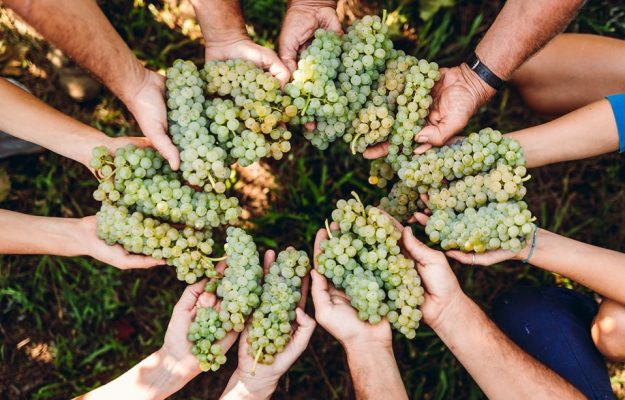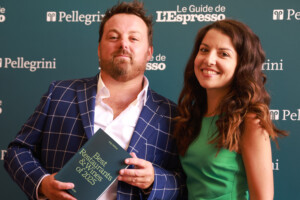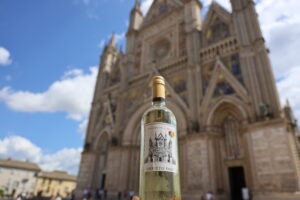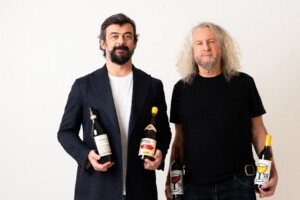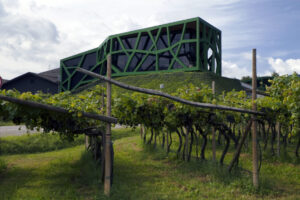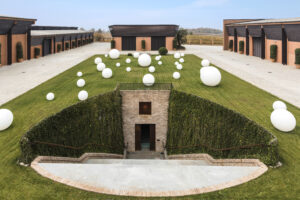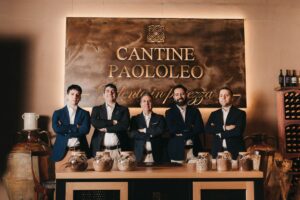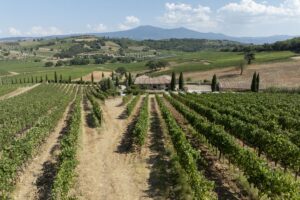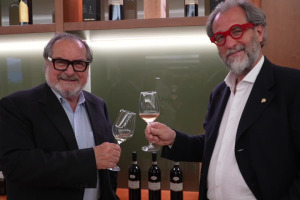Italian wine is in difficulty, for many wineries, in particular small ones, the end of the year 2020 will be in a loss, with drops that, in some cases, could reach -30/-40%, as estimated by many wineries (at the end of October, surveyed by WineNews), except for miraculous recoveries at the end of the year which, however, seem to be rather improbable. And yet, in an evidently negative panorama, there are also those who manage to resist, and even grow. A trend that emerges above all from some of the most important standard bearers of wine cooperation, names such as Mezzacorona, Cavit, Cantina Valpolicella Negrar and Terre Cevico (even if there is no lack of case histories of private bigwigs, such as Schenk Italian Wineries, the Italian division of the Schenk group, which estimates a closure of 2020 at +4% on 2019, at 115 million euros, just to mention the last one that announced it, ed). It must be said that the vast majority of cooperatives close their financial statements around the middle of the year, and therefore the reference period, in this case takes into account a rather positive and intense half of 2019, and a first part of 2020 that is however indicative, taking into account the hardest phase of the total lockdown between March and mid-May, and the first breath of summer recovery.
And so, as already reported by WineNews, the Mezzacorona Group closed on a positive note, one of the most virtuous wine cooperation realities in the Belpaese, which through 1,600 member winegrowers oversees a mosaic of 2,800 hectares of vineyards in Trentino Alto Adige, achieved thanks also to the partner wineries of Salorno and Ala, and more than 700 hectares of vineyards in Sicily in the Solsicano and Villa Albius wineries. As of July 31, 2020, the numbers are up 3.7% on 2019, to 193.6 million euros, for a net profit of 2.4 million euros (down due, in particular, to increased taxation), with the contribution to members standing at 63.5 million euros, with a yield per hectare, however, remarkable: 18,515 euros per hectare. Remaining in Trentino, the balance sheet of Cavit, a second-tier consortium that brings together 11 first-tier cooperative wineries (with the entry, at the end of 2019, of Cantina di Lavis e Valle di Cembra, which has expanded its membership, for a total of over 5. 250 associated winegrowers), led by Enrico Zanoni: “despite the unfavorable economic situation, dominated during the last quarter of the year by the global emergency Covid-19, the results of the Cavit Group, which also includes the German subsidiary Kessler Sekt & Co KG, are positive - explains an official note - continuing to ensure a high level of service to the winegrowing members, remunerated also this year in a satisfactory way. The balance sheet closes with a consolidated turnover of 209.7 million euros, which includes the results of the newly acquired companies only for the post-acquisition period, from January 1, 2020 to May 31, 2020, marking an increase of +9.5% compared to the previous year”.
Fiscal year 2019/2020 closed in growth also for Cantina di Valpolicella Negrar, among the most important realities of the territory, directed by Daniele Accordini, and that has reconfirmed Renzo Bighignoli and Gianmichele Giacopuzzi, as president and vice president. The consolidated turnover was 38.2 million euros, +6.7% on the previous year. A growth due to the increase in sales in the large-scale retail trade, both Italian (+18%) and foreign (+15.2%), the diversification of sales channels - in the second half of the year, to counterbalance the drop in sales occurred in the stores closed for the Covid emergency, there was a doubling of sales in the e-commerce channel, active since 2016 - and the acquisition of new foreign markets. Exports now cover 55 countries (56% percent of total sales), with Sweden, Denmark, Germany, the United Kingdom, Switzerland and Norway among the main reference markets and Israel, Kazakhstan, the Philippines and Lithuania among the newly acquired markets.
Overall numbers down, but with important items up, instead, those of Terre Cevico, Romagna consortium of 7,000 hectares and 5,000 members, which has confirmed Marco Nannetti as president: the aggregate turnover (August 1, 2019 - July 31, 2020) is 159 million euros, down from 167 in 2018/2019, but net assets grow to 72 million, and especially exports, which touches 52 million euros compared to 49 in the previous year, while the surplus value recognized to members is 7.1 i million. Terre Cevico points out that the growth in exports (49.3 million in the previous year) is particularly significant, in times of lockdown and difficult international situation, with sales in 67 countries and four markets in evidence: China (first Italian exporter), Japan (second exporter), United States and Russia. In evidence the organic wine segment of Terre Cevico that sees values still growing. Sold in 40 countries around the world, in addition to Italy, the growth figure indicates +35%.
Signals that come from some of the most virtuous realities of Italian wine cooperation, which is worth more or less half of the production and turnover of the sector.
Copyright © 2000/2025
Contatti: info@winenews.it
Seguici anche su Twitter: @WineNewsIt
Seguici anche su Facebook: @winenewsit
Questo articolo è tratto dall'archivio di WineNews - Tutti i diritti riservati - Copyright © 2000/2025










